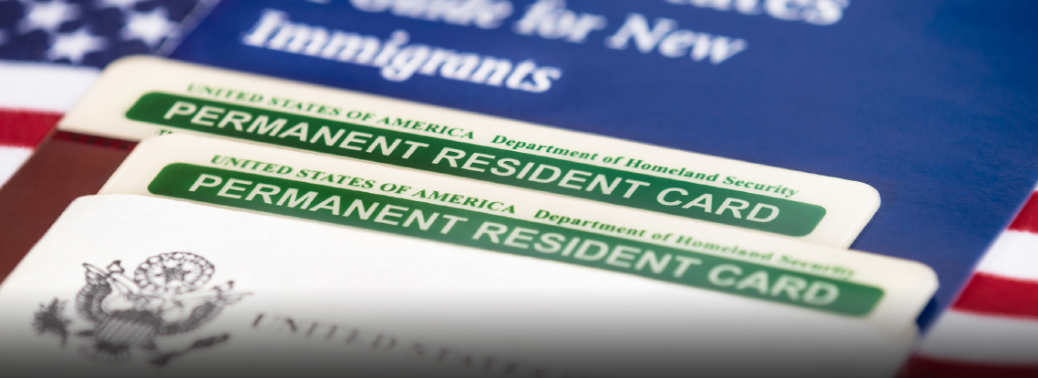New Rules on Granting Citizenship
30, Oct 2018

The government has authorised 16 collectors across seven states to register members of minority communities from Pakistan, Afghanistan and Bangladesh as Indian citizens.
About:
- The collectors of Raipur (Chhattisgarh), Ahmedabad, Gandhinagar and Kutch (Gujarat), Bhopal and Indore (Madhya Pradesh), Nagpur, Mumbai, Pune and Thane (Maharashtra), Jodhpur, Jaisalmer and Jaipur (Rajasthan), Lucknow (Uttar Pradesh) and West Delhi and South Delhi were empowered to extend citizenship rights to eligible people under the Citizenship Act-1955. The notification said that the home secretary of the state or union territory concerned has also been given the same power in case the applicant is not a resident of the mentioned districts, subjects to certain conditions.
- Hindus, Sikhs, Buddhists, Jains, Parsis and Christians from the three countries can avail of this facility. Under the new rules, notified on October 24, the migrants can apply online, and the verification reports or the security clearance reports of the applicants shall be made available to the Centre through an online portal.
The conditions are:
- The application for registration as a citizen of India or grant of certificate of naturalisation as citizen of India under the said rules should be made by the applicant online,
- The verification of the application would be done simultaneously by the collector or the secretary at the district or state levels, and the application and the reports thereon will be made accessible simultaneously to the central government through an online portal.
- In addition, the collector or secretary is allowed to conduct probes for ascertaining the applicant’s suitability. The instructions issued by the central government from time to time will also have to be strictly adhered to by the authorities concerned. Furnish a copy thereof to the Central government within seven days of registration.
Impact:
- The illegal immigrants who are to be granted the benefit of this legislation are to qualify for citizenship only on the basis of religion; a requirement that goes against one of the basic tenets of the Indian Constitution, secularism.
- The relaxation criteria for eligibility of illegal migrants to gain citizenship is unreasonable. With no explanation given as to the inclusion of this clause, it is prima facie unconstitutional, failing the test of reasonability contained in Article 14 (Right to Equality) of the Constitution and corrupting the “basic structure doctrine” (Kesavananda Bharati v State of Kerala1973).
- The most glaring discrepancy is that it categorically states that religious minorities from Afghanistan, Pakistan and Bangladesh will no longer be treated as illegal immigrants. It specifically names six religions, that is, Hindus, Sikhs, Buddhists, Jains, Parsis and Christians. Muslims and Jews have been deliberately kept out of the ambit. Even though some of these religions are also religious minorities in India, it is notable that four of these six religions fall under the ambit of Hindu personal law.
- As of today, the largest religious minority in India is that of Muslims it makes little sense to deliberately keep them out of the ambit of this bill.
Background:
- A parliamentary committee has been examining the Citizenship (Amendment) Bill, 2016, which proposes to grant citizenship to six persecuted minorities: Hindus, Jains, Sikhs, Parsis, Christians and Buddhists who came to India from Pakistan, Afghanistan and Bangladesh before 2014.
- As the Bill is pending, the Home Ministry gave powers to the Collectors in Chhattisgarh, Gujarat, Madhya Pradesh, Maharashtra, Rajasthan, Uttar Pradesh and Delhi to grant citizenship and naturalisation certificates to the migrants under Sections 5 and 6 of the Citizenship Act, 1955. No such power has been delegated to Assam officials.
- Official data put the number of such migrants in India at two lakhs. There are 400 Pakistani Hindu refugee settlements in Jodhpur, Jaisalmer, Bikaner and Jaipur. Hindu migrants from Bangladesh mostly live in West Bengal and north-eastern States.
Citizenship:
- The constitution of India gives ‘Single Citizenship” for all its citizens India. This implies that there is no disparate domicile for a state. Provisions for citizenship are mentioned in Article 5 to 11 in Part II of the Constitution. Individuals who are not Indian Citizens are considered Aliens.
- The Citizenship Act, 1955 also deals with the citizenship. However, neither of these legislations have defined citizenship clearly and only provide the prerequisites for a “natural” person to acquire Indian citizenship.
Indian Citizenship can be acquired by following four means:
- Citizenship by birth
- Citizenship by descent
- Citizenship by registration
- Citizenship by naturalization
Termination/Renunciation of citizenship:
Renunciation:
Renunciation is covered under Section 8 of the Citizenship Act 1955. If an adult makes a declaration of renunciation of Indian Citizenship, he would lose Indian Citizenship. Along with him, any minor child of that person also loses Indian Citizenship from the date of renunciation. The child has the right to resume Indian Citizenship when he turns eighteen.
Termination:
It is covered under Section 9 of Citizenship Act 1955. Any Indian Citizen who by naturalization or registration acquires the citizenship of another country shall cease to be a Citizen of India.






